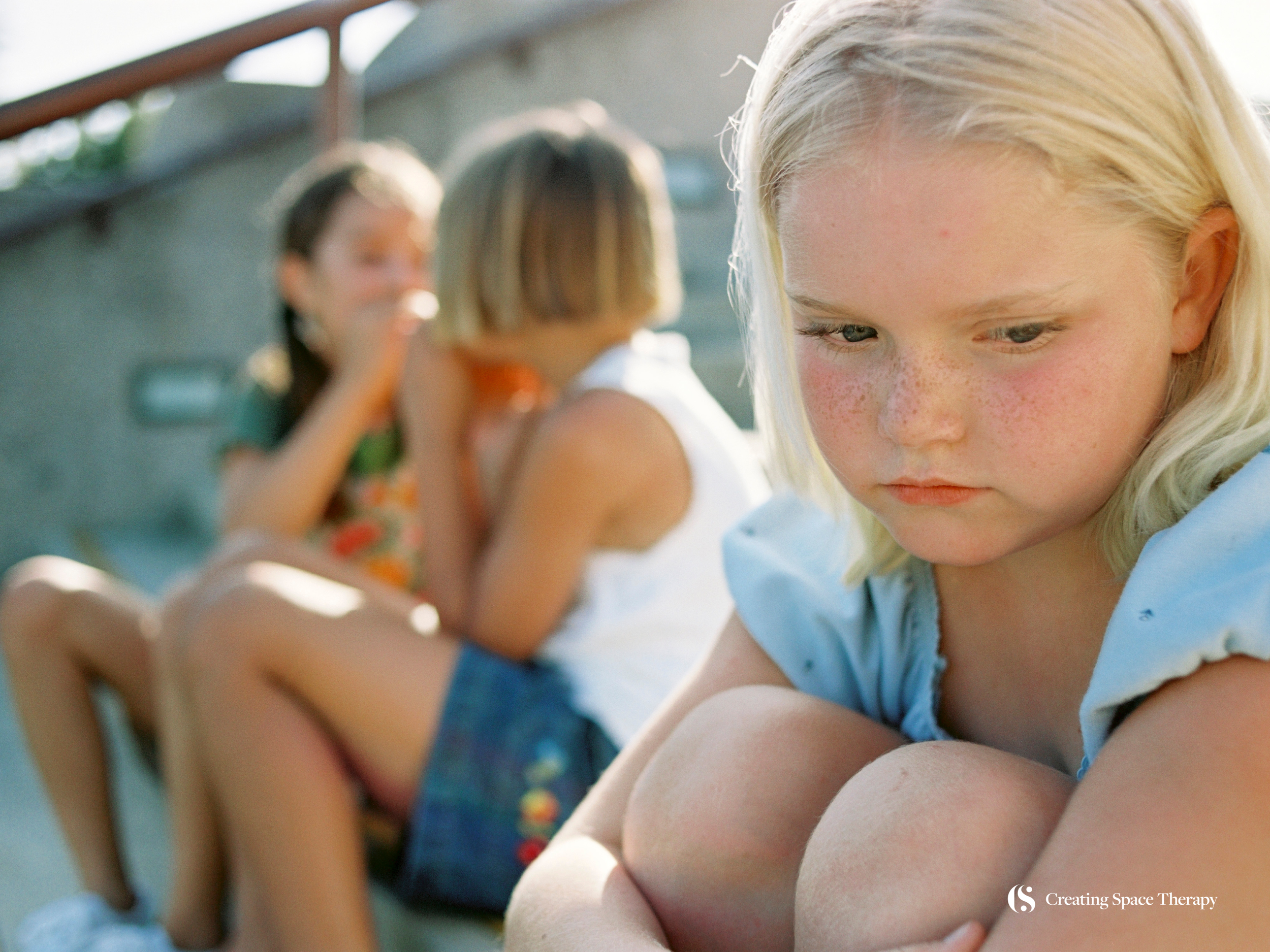

As parents, our instinctual role is often to shield our children from harm and discomfort. Yet, despite our best efforts, we can’t entirely protect them from experiencing loss—be it the death of a pet, a friend moving away, or the death of a parent. Children may find the notion of loss overwhelming, given that they are generally not well-equipped to manage complex emotions of grief. Here are some strategies to help your child navigate these turbulent emotional waters.
Children possess vivid imaginations, which sometimes may conjure up scenarios far more frightening than the truth. Transparent communication about death is crucial, but it must be tailored to be age-appropriate. For example, while a 12-year-old might grasp the nuances of hospice care, a 5-year-old probably won’t. In the case of younger kids, it’s wise to focus on the essentials about death and dying, addressing their immediate questions and concerns. We recommend the National Alliance for Children’s Grief (www.nacg.org) for age-appropriate educational resources.
Sometimes, finding the right words to talk about death and loss can be challenging. Children’s books that tackle themes of illness, death, and grief can be incredibly helpful resources when parenting a grieving child. They offer a narrative to help you explain these difficult subjects and guide age-appropriate conversations. We recommend Centering.org for books on grief for children, teens, and families.

People of all ages may resort to emotional withdrawal as a coping mechanism. While it’s quite acceptable for grieivng children to want some space following a loss, encourage them to explore their feelings. Repressed emotions can lead to mental and physical issues later on. Open conversations, journaling, or creative outlets like art can provide avenues for emotional expression.
Grief is a multifaceted experience encompassing a range of emotions like anger, sadness, guilt, and even relief. Reassure your child that it’s normal to feel a mix of emotions and that there’s no right or wrong way to grieve. Your support throughout their grieving process is essential for their emotional well-being.
Although family support is invaluable, a grieivng child may benefit further from speaking to a mental health professional. Therapy can offer additional coping mechanisms and a safe space to express feelings. Ensure you choose a qualified therapist whom both you and your child feel comfortable with.
Grief is a long, winding journey, especially for a child. The guidance and support you provide as a parent are immeasurable in helping them traverse this challenging emotional landscape. If you’re considering professional treatment options for your child, feel free to reach out to our children’s grief counselor, Charlotte Shuber. Together, we can find a way to guide your child through the complexity of grief. For more personalized guidance and support schedule a free consultation today or call us at 630.601.3460 to get started today. We’re here to help you and your family navigate the emotional complexities that come with loss, providing specialized care to meet your unique needs.


